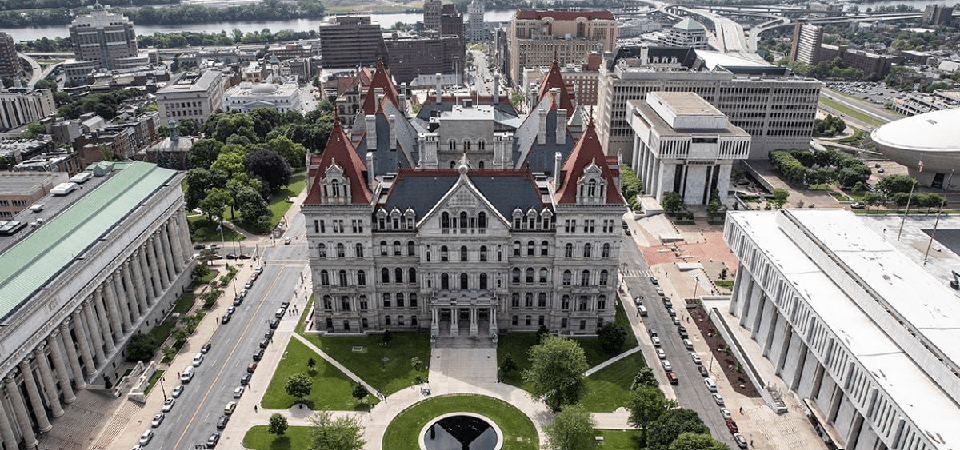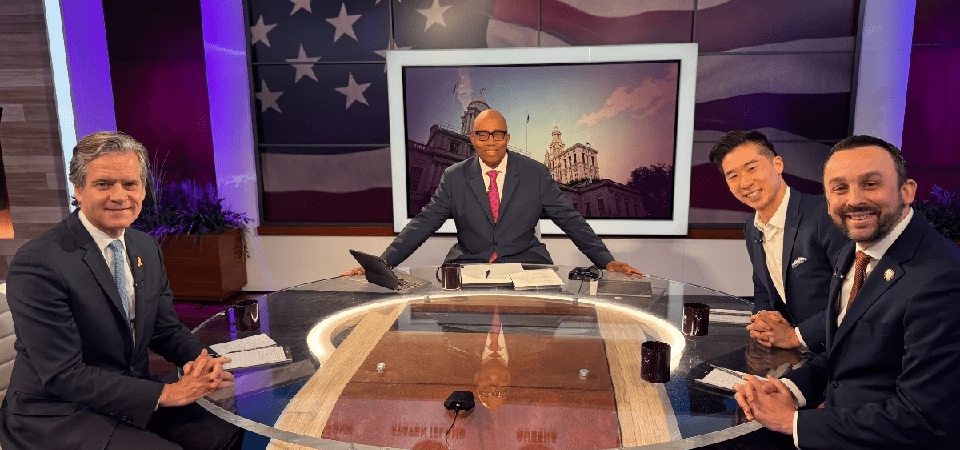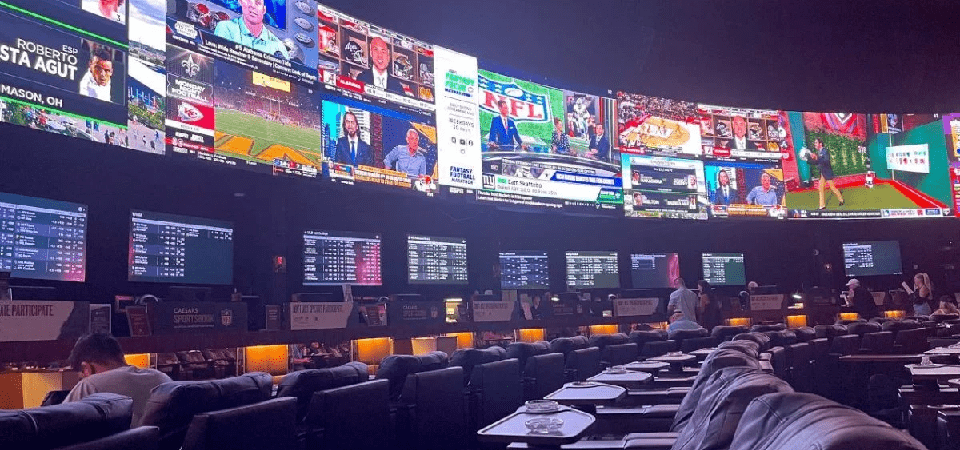
iGaming Legalization Won’t Resemble Sports Betting, Says Expert
A new year has arrived, bringing hope that additional states will sanction iGaming; however, one industry expert asserts that the frequency of these approvals will differ from that of online sports betting.
In a recent discussion with Deutsche Bank analyst Carlo Santarelli, Richard Scheutz, who has over forty years of experience in the gaming industry, indicated that state approvals for internet casinos will not happen as quickly as those for sports betting. Scheutz, the CEO of American Bettors’ Voice (ABV), noted that the possible cannibalization of brick-and-mortar (B&M) casinos is one reason states are hesitant to quickly approve iGaming.
"B&M opposition to iCasino, which was always present, has increased, in the aftermath of both Pennsylvania and Michigan legalizing the product, and thereby giving operators more data from which to support / frame an opinion on the magnitude of B&M cannibalization stemming from the product,” wrote Santarelli.
At present, only seven states — Connecticut, Delaware, Michigan, New Jersey, Pennsylvania, Rhode Island, and West Virginia — permit internet casinos. That contrasts with 38 states and Washington, DC, which allow certain forms of sports betting. This year, Missouri becomes part of that group, bringing the total to 39.
Avoid Wagering on Major iGaming Growth in 2025
In a report released earlier this week, Santarelli indicated that a surge of state-level iGaming approvals is improbable this year.
The analyst cited Illinois, Indiana, Maine, Maryland, New York, and Ohio as potential states for relevant legislation, observing that the highest chances of approval are in Maryland and Ohio. The industry and investment sector would probably be fairly content with that result since it would signify advancement, yet there would still be a degree of letdown if neither Illinois nor New York — the two biggest states in that category — adopt internet casinos.
Wyoming is another state considering the legalization of iGaming this year, but since it is the smallest state in the nation, it would probably have minimal impact on the overall approvals.
Santarelli observed that the investment community probably shares the perspective expressed by Scheutz that terrestrial casinos pose obstacles for iGaming, and broader acceptance of that type of betting is unlikely to occur this year.
California, Texas Observations
Scheutz and Santarelli also talked about the prospects for California and Texas becoming part of the states that permit sports betting. A few years back, the CEO of ABV was one of the earliest to highlight that the 2022 ballot initiative from commercial operators seeking approval for sports betting was doomed, and he was vindicated when that proposal was decisively turned down by voters.
He informed Santarelli that it seems operators have understood their lesson and now acknowledge that the sole route to sports betting in California is through, rather than bypassing, tribal casino operators.
“Mr. Schuetz is of the view that the tribes will work through balance of power issues, with the potential for a sharing of proceeds agreement, while the OSB operators primarily serve to provide brand equity and technological and operational expertise,” said Santarelli.
Regarding Texas, Scheutz informed the Deutsche Bank analyst that sports betting could gain traction this year if it helps in the push to establish Las Vegas-style casino resorts in the state. There are favorable conditions for that strategy thanks to the substantial financial resources of Las Vegas Sands (NYSE: LVS) shareholder Dr. Miriam Adelson, but it is yet unclear whether Lt. Gov. Dan Patrick (R) will alter his stance on gaming expansion — a change that seems improbable at this time.











